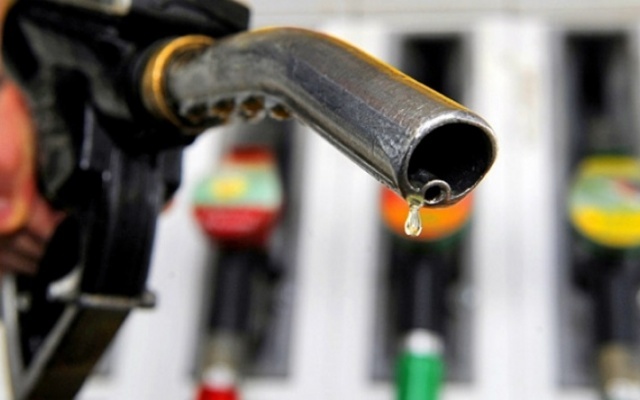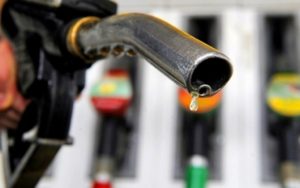Fuel prices up 11%

 Fuel prices across various outlets in the country have increased between three and 11 per cent, the Chamber of Petroleum Consumers Ghana (COPEC-GH) has indicated.
Fuel prices across various outlets in the country have increased between three and 11 per cent, the Chamber of Petroleum Consumers Ghana (COPEC-GH) has indicated.
This follows a review of fuel prices in the country in the second National Petroleum Authority (NPA) interim regulations for the second window in the month of October.
Diesel prices have seen an increase of between eight and 11% on current ex pump prices, while petrol prices have seen between three and five per cent across most Bulk Distribution Companies (BDCs) and Oil Marketing Companies (OMCs), though the figures are yet to reflect directly at the various pumps.
In a press release dated October 17, 2016, the Executive Secretary of COPEC-GH, Duncan Amoah, attributed the current prices to “sharp increases on the world market prices as the cedi has been relatively stable over the past two weeks”.
The chamber further intensified calls for government to scrap taxes on petroleum products to cushion consumers from the recent price escalation.
“We once again remind the government on the urgent need to review and reduce the levels of taxes on petroleum products as it has done for both aviation fuel and marine gas oil products recently,” the statement stressed.
COPEC-GH also charged NPA “to immediately halt the arbitrary fines without any verification process on the various oil marketing companies”, adding that “the issue of petroleum products marketing scheme and its enforcement as it is currently, leaves a lot to be desired and simply gives room for arbitrariness on the part of the regulator”.
The chamber also reiterated its calls for a ban on dirty fuels, which cause damage to the engines of vehicle as well as various degrees of harm to the environment and humans.
In their view, the Ghana Standards Authority (GSA) must expedite action on reviewing fuel standards, especially for diesel, following the public outrage arising from the dirty diesel research.
“Ghanaians cannot continue to suffer 17000 infections annually due to our poor standards only for a review to further accept another poor grade using the Tema Oil Refinery as a shield. Ghanaians demand nothing than the cleaner 10ppm products, not the 500ppm being considered currently for 2017,” the statement concluded.



